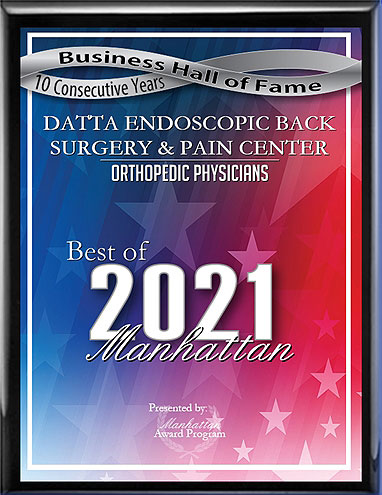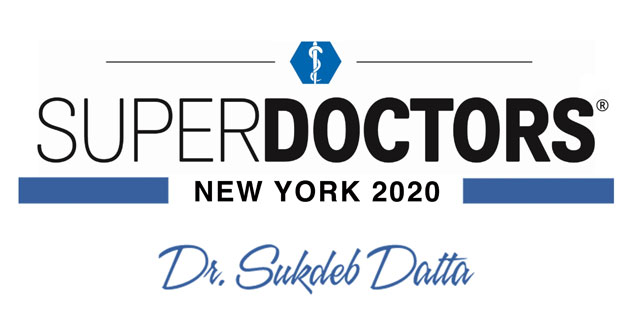Spinal stenosis occurs when the spinal canal, where the spinal cord is located, becomes more narrow than usual. The condition is one of the most common spine problems, encompassing a wide range of underlying diagnoses. Stenosis has the potential to cause significant pain and other symptoms, but it's normally possible to control and treat the condition through a number of non-invasive and minimally invasive methods.
Symptoms of Spinal Stenosis
Spinal stenosis symptoms occur when a structure, such as a disc or a vertebrae, starts to press up against the spinal cord or nerve roots. The resulting nerve compression can cause issues like:
- Pain, including back pain or limb pain, and pelvic pain in some cases
- Sciatica
- Numbness or tingling in the limbs
- Muscle weakness in the limbs
Only your doctor can diagnose stenosis, based not only on your symptoms but on other information as well. Your doctor will ask you about your symptoms, then perform a physical examination. Based on this information, he or she will decide which type of tests to run to confirm the diagnosis; x-rays and MRIs are common. From there, the doctor will be able to identify the underlying cause and recommend a course of treatment.
Causes
Many conditions can cause spinal stenosis. One common problem is disc degeneration, such as a herniated disc or a bulging disc. The discs can become misshapen or bulge out, which causes them to press against the nerves.
Another common issue is damage to the vertebrae. In some cases, arthritis can develop in the spine; in other cases, a vertebrae may be fractured. Again, the end result of such conditions may be stenosis.
Finally, some rare conditions can cause stenosis. For example, alignment issues like scoliosis and kyphosis can cause severe symptoms. Rarely, spinal tumors may occur.
Treatment
A wide range of treatments for stenosis may be used depending on your symptoms, the severity of the condition, and whether or not you've responded to any past treatments. Only your doctor can determine the right course of action.
To schedule a consultation about treatment for your spine pain, please click below and enter your information or call the Datta Endoscopic Back Surgery and Pain Center at (646) 374-1799.






 EDISCSCULPT
EDISCSCULPT



